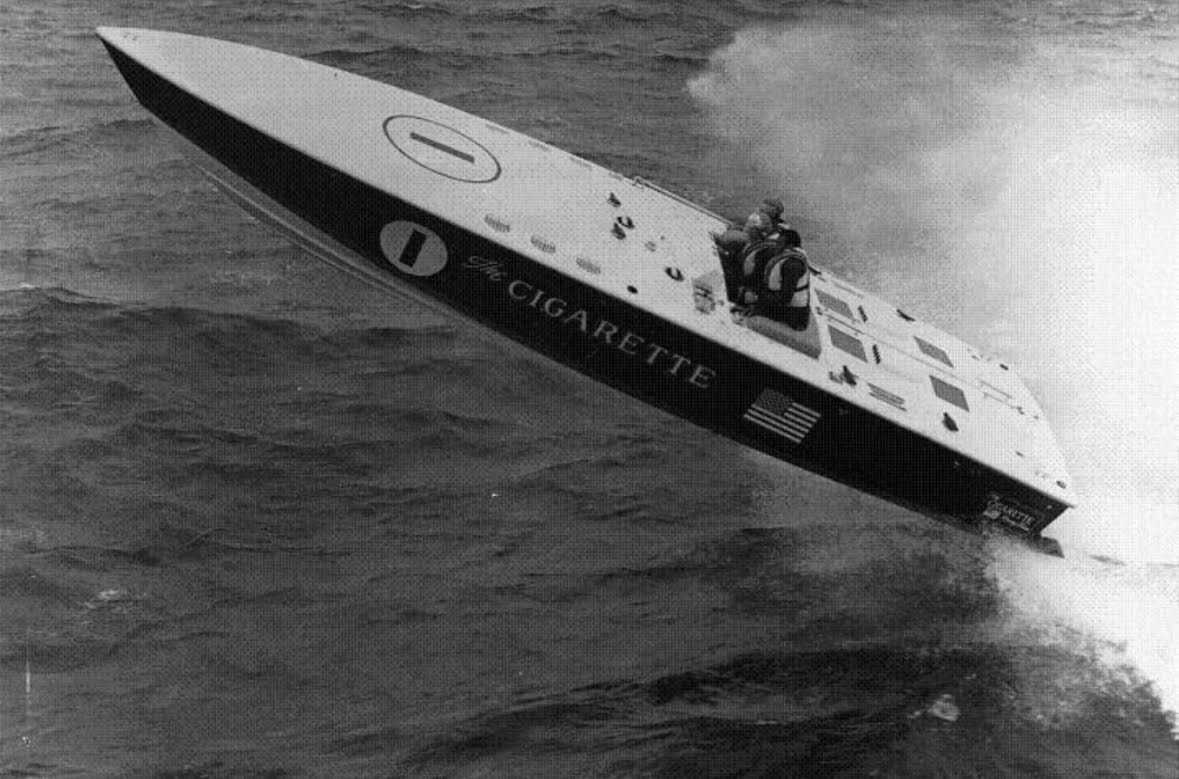Highly accomplished creative professionals, bless their hearts, love to pack their resumes full of every responsibility, accomplishment and skill set, casting a wide net to catch every opportunity. And then ask us for editing help.
Our loving advice: delete 80% of it. You don’t want every opportunity, you want the right opportunity.
Powerful leaders know how to distill excessive information into a succinct story. Your resume is your chance to demonstrate that ability.
Who reads resumes? Busy people. People in a hurry. People holding a stack of resumes just like yours, with headlines just like yours, full of run-on sentences containing words like "multidisciplinary" and “authentic” and “dynamic” and the worst offender of all: “while also.” You might be so multi-faceted and well balanced that you increased X “while also” maintaining Y, but don’t say it in your resume.
Instead: One page. White space. Short sentences. One headline. Two bullets per job. One common thread. Leave them wanting more.
A good resume is so succinct, so strongly rooted in your unique narrative, that it will disqualify you from jobs not meant for you... making you a slam dunk candidate for the opportunities you really want. Be a deep well, not a shallow lake. The more specific your positioning, the less competition you have. (Reinforcing a David C. Baker concept here.)
A commanding sense of clarity about yourself, with a few fascinating stats and a bit of mystery, will get you into a conversation.
In that conversation, you can share all those details that I forced you to remove from your resume.
What if your professional self-narrative isn't so crispy clear just yet? This exercise will help. Writing is thinking. Reduce to amplify.
“Life is deep and simple and what our society gives us is shallow and complicated.” - Fred Rogers










